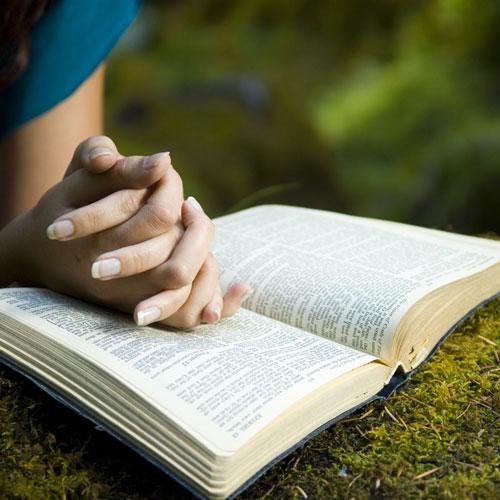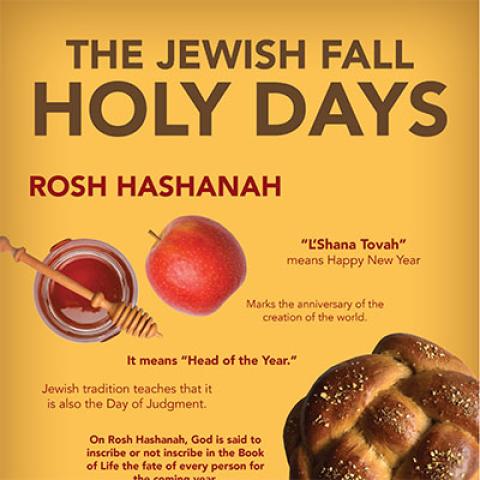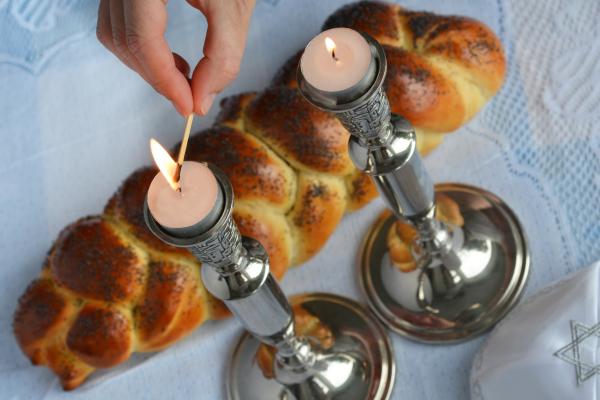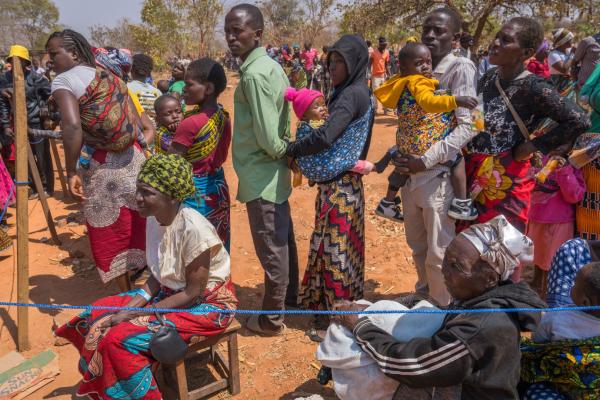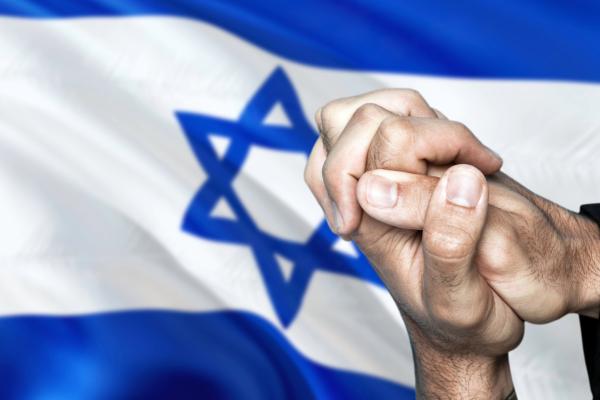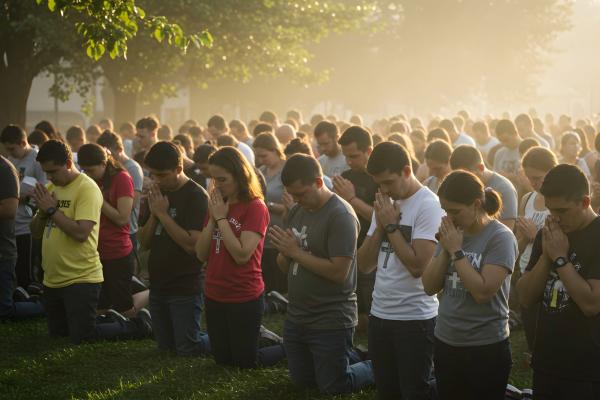
It’s almost New Years – on the Jewish calendar, that is.
The Hebrew name for the Jewish New Year is Rosh Hashanah (Roshe Hah-SHAH-nah). At sunset on September 20, Jewish people, including Messianic Jews, the world over will welcome a new year.
Rosh Hashanah means “head of the year” in Hebrew and occurs on the first day of the Jewish month of Tishri, which falls in September or October on the Gregorian calendar. It is observed and associated with the biblical Feast of Trumpets, or Yom Teruah (YOHM Tare-OO-ah).
The books of Leviticus and Numbers describe the Feast of Trumpets with brief instructions: a Sabbath rest, blowing the shofar (SHOW-far), a holy assembly and various offerings.
The Feast of Trumpets takes place in the seventh month, but why do Messianic Jews celebrate the New Year at the same time?
Jewish tradition teaches that God created the earth on the same date as the Feast of Trumpets. Therefore, Rosh Hashanah is observed at the same time. The Jewish calendar counts from Creation, and this Rosh Hashanah we will enter the year 5778.
Rosh Hashanah – just 10 days before the Day of Atonement, called Yom Kippur (YOHM Kip-POUR) in Hebrew – ushers in the High Holy Days of the Jewish year. It is a time to reflect on the previous year and look ahead to the one to come.
The Rabbis teach that at Rosh Hashanah, God pronounces a judgment for the coming year upon each of His people. At Yom Kippur, He seals that judgment. Therefore, during the month of Elul (Eh-LOOL) preceding Rosh Hashanah, Jewish people begin to examine themselves before God and seek His forgiveness and favor for the following year.
The 10 days between Rosh Hashanah and Yom Kippur are known as the Days of Awe when Jewish people intensify their reflection and focus on repentance and making amends with others. They believe that during this time God may yet alter what was to be an unfavorable decree and grant them a good new year.
As Messianic Jews, we know that God has sealed us with His blessing and favor for eternity through the Messiah. Ephesians 1:13 says, “After you heard the message of truth – the Good News of your salvation – and when you put your trust in Him, you were sealed with the promised Ruach HaKodesh [ROO-akh Ha-koh-DESH].”
However, there is always room for reflection. It is beneficial to examine ourselves before the Lord, asking Him to search our hearts and bring us to repentance for wrongdoing. Rosh Hashanah provides a special time to focus in this way.
We freely reflect on our lives and seek to honor God more completely in the coming year than we did during the previous one. We rejoice over the prospect of another year to grow closer in fellowship with God and bring more honor to Him in our lives.
One of the most amazing things about the Feasts that God instituted for the people of Israel is that each contains a prophetic element foreshadowing one aspect of His redemptive plan. The Spring Feasts include Passover, Firstfruits and Shavuot, which point respectively to Yeshua’s sacrificial death, resurrection, and the giving of the Holy Spirit. And each occurred on the exact date of its respective Festival.
The Fall Feasts correlate to events of the End Times and have yet to be fulfilled. Many people believe that Yeshua will return for His people on the Feast of Trumpets.
Only time will tell, but as the world bears increasing evidence that we are in the Last Days, we remember Yeshua’s words advising us that:
-
we are to remain busy with His kingdom work until He comes (Luke 19:11-26), and
-
as we see the signs of the Last Days, we are to stand up and lift up our heads because our redemption draws near (Luke 21:28)
May God grant you a joyous new year!
Get the Fall Feasts Infographic
Discover the meaning and wonder of Rosh Hashanah, Yom Kippur, and Sukkot with this specially designed infographic.



